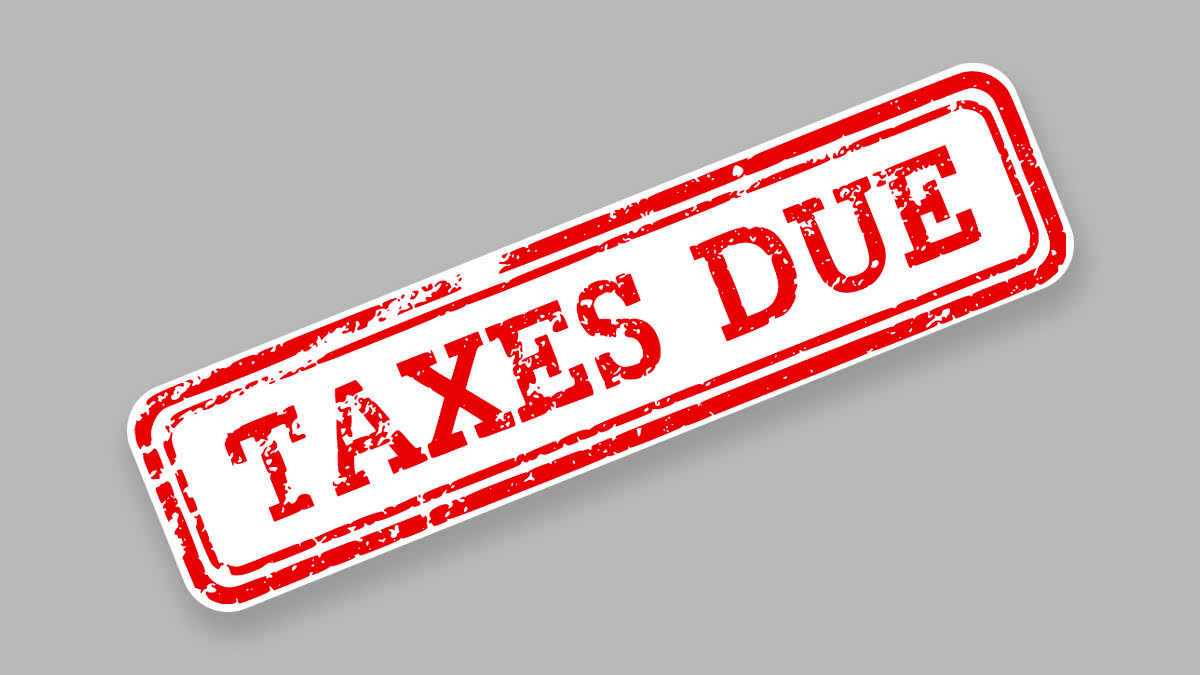Get a Handle on Your Business Tax Return

Did you start a new venture last year? Are you restructuring your current operation? In either case, it helps to understand the basic tax structures for all types of small businesses—and know tax-laws changes for 2025.
Even if you've retained an accountant to help in this solemn responsibility of business ownership, you'll still want to know the basics: How does the IRS assess business taxes? What types of taxes should you be considering during tax time and year-round? And most of all, how can you manage your tax tab without too much pain?
How have you structured your business?
The IRS assesses business income taxes and self-employment taxes by business type. Though these conditions change little over the years, note some updates for 2025:
Sole proprietorships file business taxes as part of the sole proprietor's Form 1040 personal tax return. This is called pass through taxation. In addition to paying tax on profits at their current tax rate, sole proprietors also pay a self-employment tax, which remains at 15.3% for Tax Year 2024 (12.4 percent for Social Security and 2.9 percent for Medicare). Note that the Social Security wage base limit for Tax Year 2024 — the maximum amount of income subject to Social Security taxation — is now $168,600 (up from $160,200 for Tax Year 2023). The good part: Earnings above this amount are free of Social Security tax.
Single-member LLCs, like sole proprietorships, usually pay taxes through the owner's personal returns.
Multiple-member LLCs pass through profits to each owner's personal tax returns; each partner also pays the self-employment tax. Form 1065, what the IRS calls an informational tax return, reports the LLC's total income and expenses.
-
An S-Corporation files its own return, a Schedule K1, separate from the owner/owners' Form 1040 returns. However, even though the S-Corp is a wholly separate entity, its profits are typically passed through to the owner's personal return, just like the aforementioned business types.
One key benefit of S-Corps is reducing the owner or owners' self-employment taxes: Though they must take a credible and reasonable salary that's subject to payroll taxes, owners can also claim profits in the form of dividends. These dividends are not subject to self-employment tax.
A C-corporation also files its own return. The IRS currently taxes C-corporation profits at a flat rate of 21 percent.
Some businesses start out using one of these models but shift to a different structure as they evolve. You may, for example, have started out your food-service business with a truck. But as your popularity increased, you decided to rent a restaurant space and hire full-time employees. Scenarios like this often call for a change in your business structure. Check in with your accountant periodically to discuss what works best for your business needs.
Did you know?
In 2025, eligible mall businesses may be able to claim tax credits for renewable energy investments and employee training programs. Check with your accountant to see if you qualify.
Don't forget these essential taxes.
Depending on your business type and locale, you may also be subject to one or more of these taxes.
Employment Taxes. Your business must pay into the Federal coffers that provide Social security and Medicare retirement benefits. Additionally, Federal unemployment (FUTA) taxes funds unemployment insurance programs. State-level unemployment taxes vary.
-
Sales tax. Forty-five states, along with the District of Columbia, levy sales taxes, with businesses being responsible for their collection. Goods and services assessed this tax vary by state. In New Jersey, for example, clothing retailers are exempt from charging sales tax. However across the border in New York, clothing purchases above $110 are subject to state sales tax.
Note that as of Tax Year 2025, marketplace facilitator laws in many states, including California, will require online platforms to collect and remit sales tax on behalf of sellers. This eases compliance for small retail businesses.
State and local business taxes. Your state, county, or even city may assess business taxes. Nevada, for example, has no business tax. However the City of New York imposes a corporate tax, ranging from 4.4 percent to 9 percent, depending upon the business category.
Take the pain out of tax payments.
Sometimes, you may have miscalculated what you owe this year and need some help in paying your bill. Several funding options can help you pay your taxes on time without hurting day to day operations.
Small business loans, either short- or longer-term, can get your taxes paid without compromising your cash flow.
Revenue advances. You can use these to pay for taxes or other business expenses. With this type of financing, you agree to make payments based on a percentage of your revenue going forward.
Installment loans typically come in a lump-sum payout. You arrange to pay the loan back in fixed increments at a fixed or variable interest rate.
The IRS itself offers payment plans for businesses that cannot pay their full tax bill immediately. Apply online or by filling out Form 9465.
Stay Tax-Efficient in 2025... and Beyond
Understanding the tax implications of your business structure and staying on top of federal, state, and local requirements can save you from penalties, interest, and stress. Be sure to work closely with your accountant to estimate quarterly taxes, set aside funds, and take advantage of deductions.
Most of all, stay informed! The IRS offers Recommended Readings for Small Businesses, a free library of downloadable small-business manuals. These cover everything from how to set up your business records and making appropriate deductions to guidance in case of a natural disaster or theft.
By working with a knowledgeable accountant and proactively managing your taxes, you can ensure that your business remains compliant — and tax-efficient — throughout the year.
Learn more about...
The Best and the Worst Business Tax Climates
The Tax Foundation, a non-profit tax policy research organization, offers an annual guide to states with the best and worst business-tax climates. This year sees Wyoming returning as #1 and New York placing 50th.
Since 2008, Fora Financial has distributed $4 billion to 55,000 businesses. Click here or call (877) 419-3568 for more information on how Fora Financial's working capital solutions can help your business thrive.






